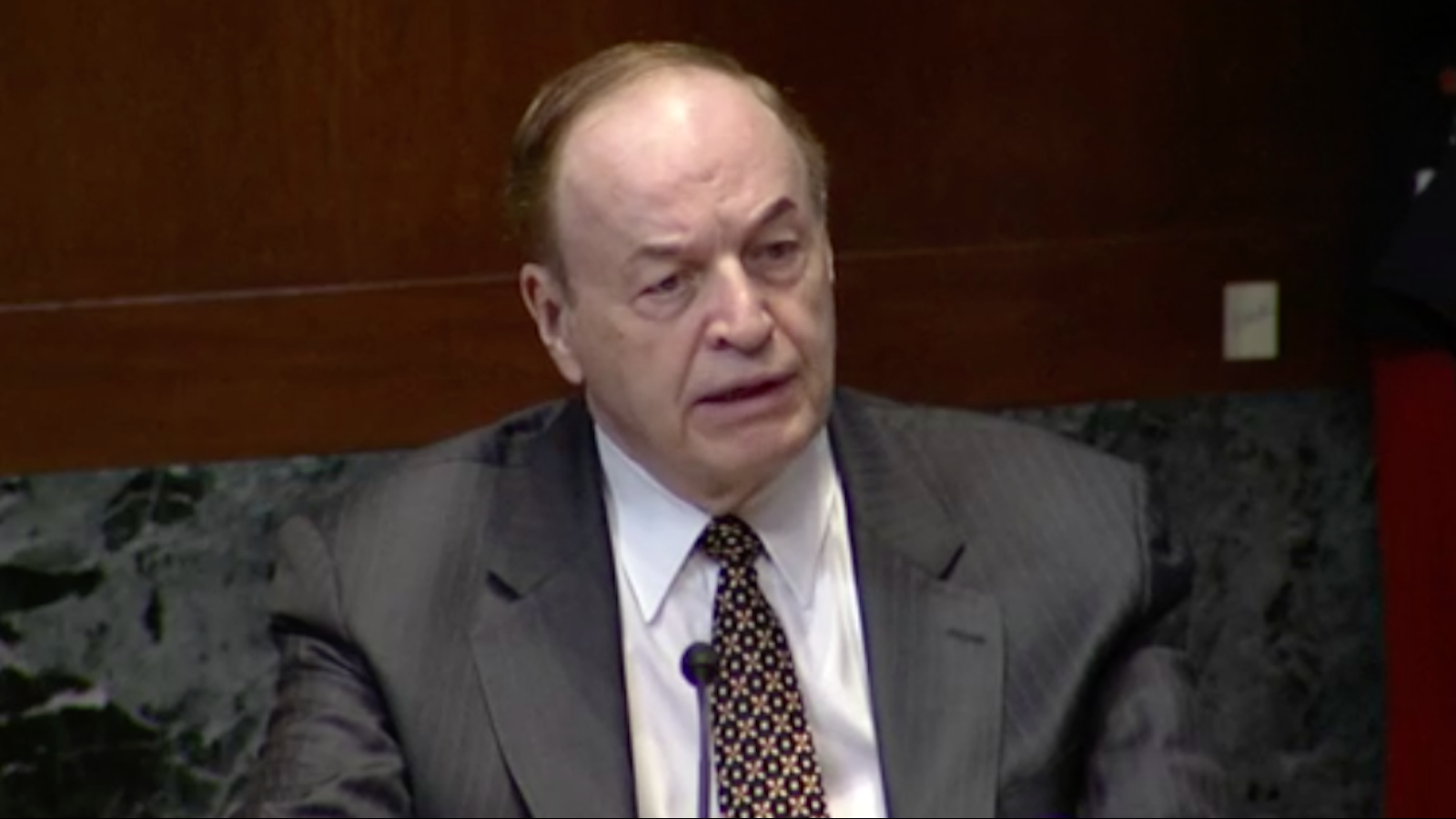U.S. Senator Richard Shelby, R-Alabama, vice chairman of the Senate Committee on Appropriations and its subcommittee on defense, discussed the fiscal year 2023 defense health program’s budget request during a defense appropriations subcommittee hearing on Tuesday.
Among those who testified during the hearing were Dr. David J. Smith, performing the duties of Assistant Secretary of Defense for Health Affairs, LTG Ronald Place, director of the Defense Health Agency, Lt. Gen. Robert Miller, Surgeon General of the Air Force, LTG R. Scott Dingle, Surgeon General of the Army and Rear Adm. Bruce L. Gillingham, Surgeon General of the Navy.
Rear Admiral Gillingham during the hearing noted the importance of the Expeditionary Fast Transport ship, which is built by Austal in Mobile, and highlighted its ability to adapt medical capabilities to provide medical power for naval superiority in a contested environment, according to a press release from Shelby’s office.
Shelby’s prepared remarks are in full below.
“Thank you, Mr. Chairman. And, thank you to our witnesses for being here today.
“As we move past year two of the COVID-19 pandemic, I would like to recognize each of you for your commitment to our service members and to the nation as we continue to recover and move forward.
“We have expended a significant amount of resources on technological innovation and the delivery of medical services since the start of COVID-19. Today, I would like to hear how our dollars have been invested and the lessons you have learned while combatting this virus. I would also like to hear how you intend to apply that knowledge to prevent and fight future biological threats.
“Through medical research, innovation, education and training, the U.S. Military Health System remains the global leader in health care delivery on and off the battlefield.
“Maintaining this level of effort, however, will only get more expensive as the competition for scarce resources becomes more acute.
“To ensure continued excellence, we need to allocate our limited defense dollars only to those efforts that directly support and impact our warfighting capabilities.
“Our military’s health system conducts medical research on a wide variety of topics such as cancer, infectious diseases, traumatic brain injury, and burn research, among many others.
“Defense funding for these important research efforts has grown significantly over the years, notwithstanding the billions of dollars provided annually to NIH to conduct research in many of the same areas.
“In the FY22 Omnibus Appropriations Act Congress funded an Advanced Research Projects Agency within HHS for $1 billion.
“In this year’s budget, the President has requested an additional $5 billion for this effort.
“While the U.S. Medical Force and its mission will continue to be a high priority for the members of this subcommittee, the full committee must also ensure that medical research dollars are allocated appropriately.
“With that in mind, I look forward to reviewing the FY23 defense health budget, and to hearing your testimony today. Thank you.”





















































